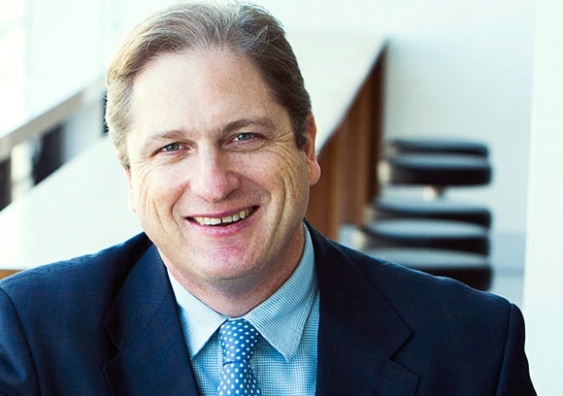APEC conference has tough agenda in the time of Trump
The Asia-Pacific Economic Cooperation summit faces an accelerating tide of protectionism, says UNSW Business School's Tim Harcourt.
The Asia-Pacific Economic Cooperation summit faces an accelerating tide of protectionism, says UNSW Business School's Tim Harcourt.

Julian Lorkin
UNSW Business School media
02 9385 9887 or 0405 805 365
j.lorkin@unsw.edu.au
The Asia-Pacific Economic Co-operation (APEC) summit in Papua New Guinea this week matters more than ever in the time of US President Donald Trump, says UNSW Business School’s Tim Harcourt.
“The APEC summit is a big deal for the Asia-Pacific region. It is an opportunity for Australia to forge new foreign policy and strengthen bonds with our close neighbours,” Professor Harcourt says. “Australia benefits from APEC as an open economy and economic power.”
However, APEC is now controversial before it even starts.
“When Bob Hawke started APEC in 1989 he wanted it to be about consensus building not confrontational or litigation centred. Now we’re seeing a retreat into protectionism and populism despite the obvious benefits of open trade.”
Tim Harcourt is the JW Nevile Fellow of Economics at UNSW Business School and used to work with former prime minister Bob Hawke.
He says “now, more than ever, what we don’t want to see is protectionism. We need cooperative trade to boost the world economy”.
Most of the APEC members are from our neighbouring region with the addition of Russia, United States, Canada, Mexico, Chile and Peru. More than 70% of Australia's trade is conducted with APEC countries.
Once a year, unusual photos from APEC appear in the world media, of some of the world’s most powerful political leaders wearing the national dress of the host APEC nation.
“An Indonesian batik, a Chilean poncho, even a Vietnamese silk gown,” says Professor Harcourt. “But maybe we ought to remember Bob Hawkes’ famous Australian logoed jacket after victory America’s Cup. He believed in Australia, and in cooperation. That’s a great national dress, and we should remember that now.”
According to Hawke, regional co-operation through the APEC concept was formed “in response to the global economic tensions resulting from the end of the Cold War, and the real risk of trade wars and currency blocs forming. It was also important to highlight the fact that the Asia-Pacific was the fastest-growing economic region in the global economy”.
Tim Harcourt has been chief economist at Austrade. As a trade specialist at UNSW he has studied the international trade landscape for many years and can comment on all parts of the Trans-Pacific Partnership.
For further comment call Tim Harcourt on (02) 9385 3816, 0408 485 479, or email tim.harcourt@unsw.edu.au.